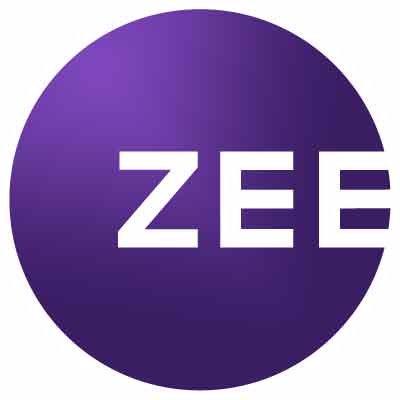New Delhi– The woes of Zee and Essel Group Chairman Subhash Chandra, who last week apologised to bankers, NBFCs and mutual funds for “not having lived up to their expectations”, may have begun with the announcement to divest up to 50 per cent of stake in the cash-rich Zee Entertainment Enterprises Ltd (ZEEL).
The Essel Group had in November announced that the company would sell part of its stake in Zee Entertainment to a global investor as part of a “strategic review of its businesses in view of the changing global media landscape”.
The potential partners in the race for Zee are reported to be global tech giants – Facebook, Apple, Amazon, Netflix and Google (FAANG) – apart from John Malone’s Liberty Global, Sony, Disney, Turner and Viacom.
Even Chinese giant Tencent and American telecom firm Comcast Corp’s names have cropped up.
It is clear that by selling half of Zee Entertainment stake to a global company, Chandra wants a partner to make his company a global media powerhouse.
But selling 50 per cent stake in cash-rich Zee Entertainment may not go down well with the stakeholders as Chandra’s other ventures are currently deep in the red.
The Essel Group’s total debt is estimated at over Rs 20,000 crore, and to make matters worse, none of it is in Zee Entertainment which at least has cash flows and could service debt.
Essel has appointed Goldman Sachs as its investment banker and LionTree as an international strategic adviser for selecting a global partner for Zee, especially to strengthen the presence of its over-the-top (OTT) service ZEE5.
Zee has already taken its OTT video service, ZEE5, to over 190 countries.
OTT players with Indian content like Zee have the potential to tap into the global markets that have a sizable diaspora that pays higher average fees for content but for that, selling half the stake in Zee Entertainment may not be a good idea especially when there are huge liabilities in other ventures. (IANS)







